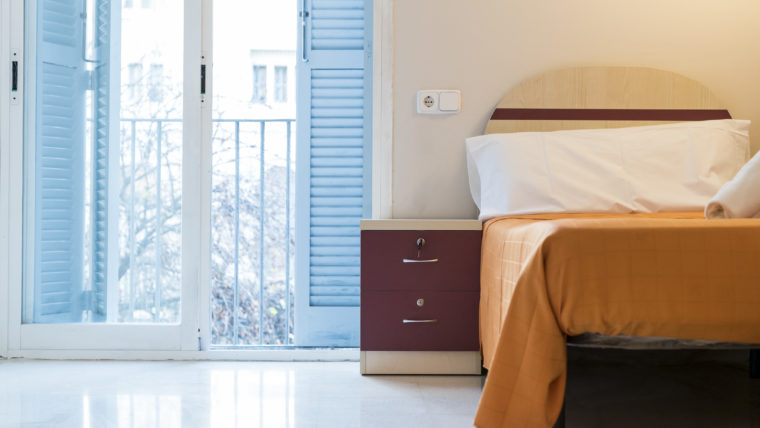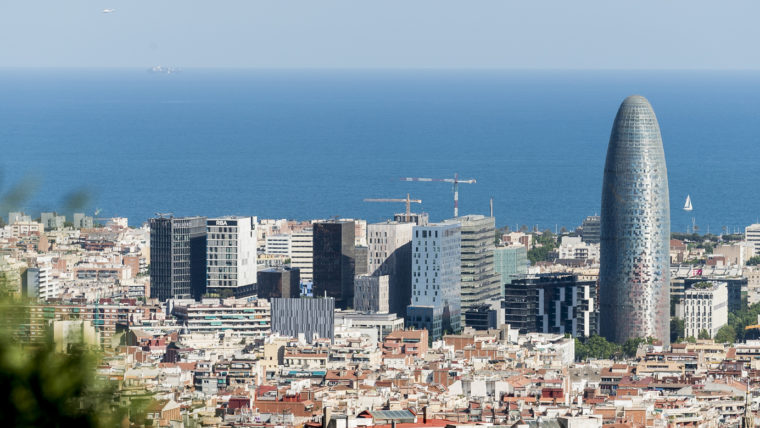Regulatory plan for tourist accommodation updated with the new regulations on shared homes
The Special Urban Plan on Tourist Accommodation (PEUAT), which regulates tourist accommodation in the city, is being adapted to the new Catalan government regulations on shared homes. Rooms can be rented for stays of more than 31 days, such as those by students or temporary workers. The goal is to protect the right to housing, the community and the diversity of uses.
The update to the plan also means:
- New tourist beds can be allocated in the 22@ Nord area if current places are withdrawn, but the overall number of beds available cannot be increased.
- Limits on the opening of new student residences in the areas where pressure from tourism is greatest, such as Ciutat Vella, L’Eixample and part of Gràcia. These will only be accepted if they are reconversions of tourist accommodation or youth hostels.
The update to the PEUAT adapts it to the new Catalan government regulations on shared homes, which municipal councils are responsible for regulating.
The proposal, approved by the municipal Government Commission, will now be debated with political groups, organisations and economic stakeholders before it goes before the Full Council. Until the update to the PEUAT is approved by the Full Council, the suspension of licences, extended to apply to all tourist activities, will remain in force.
A plan to preserve community life
Approved in 2017, the PEUAT sets out the less congested areas where tourist accommodation can be increased, the areas where current levels can be maintained and the areas where scaling down is to be incentivised, meaning accommodation businesses that close down cannot be substituted.
There are currently 154,261 places in tourist accommodation in the city. The priority for the plan is to protect the neighbourhoods most affected by the saturation of tourism and allow for an orderly implementation of new tourist accommodation in the least congested neighbourhoods.








